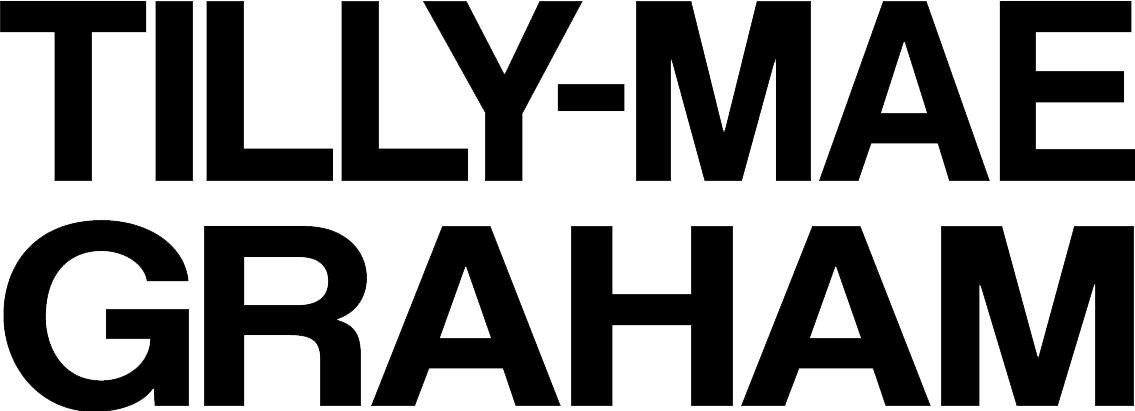During my 1st semester of 2nd year on Fashion Communication, we were set to create an editorial piece on heroes. For this project, I decided to focus on black artists and praised them for expressing themselves in an industry dominated by white people.
This project was important to me as it opened my eyes to the reality of how the arts industry treats black creatives and made me question if brands who promise their commitment to BLM are actually being honest and truthful. I investigated this theme through investigating fashion retailer, Dollskill and discussed these themes with two black creators.
The inclusivity illusion: why and how you should support black artists
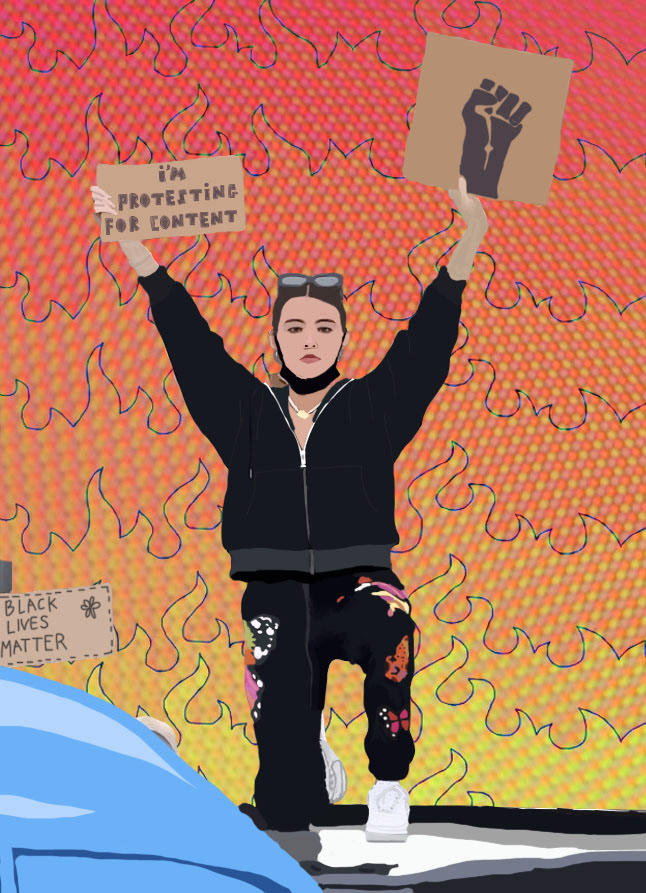
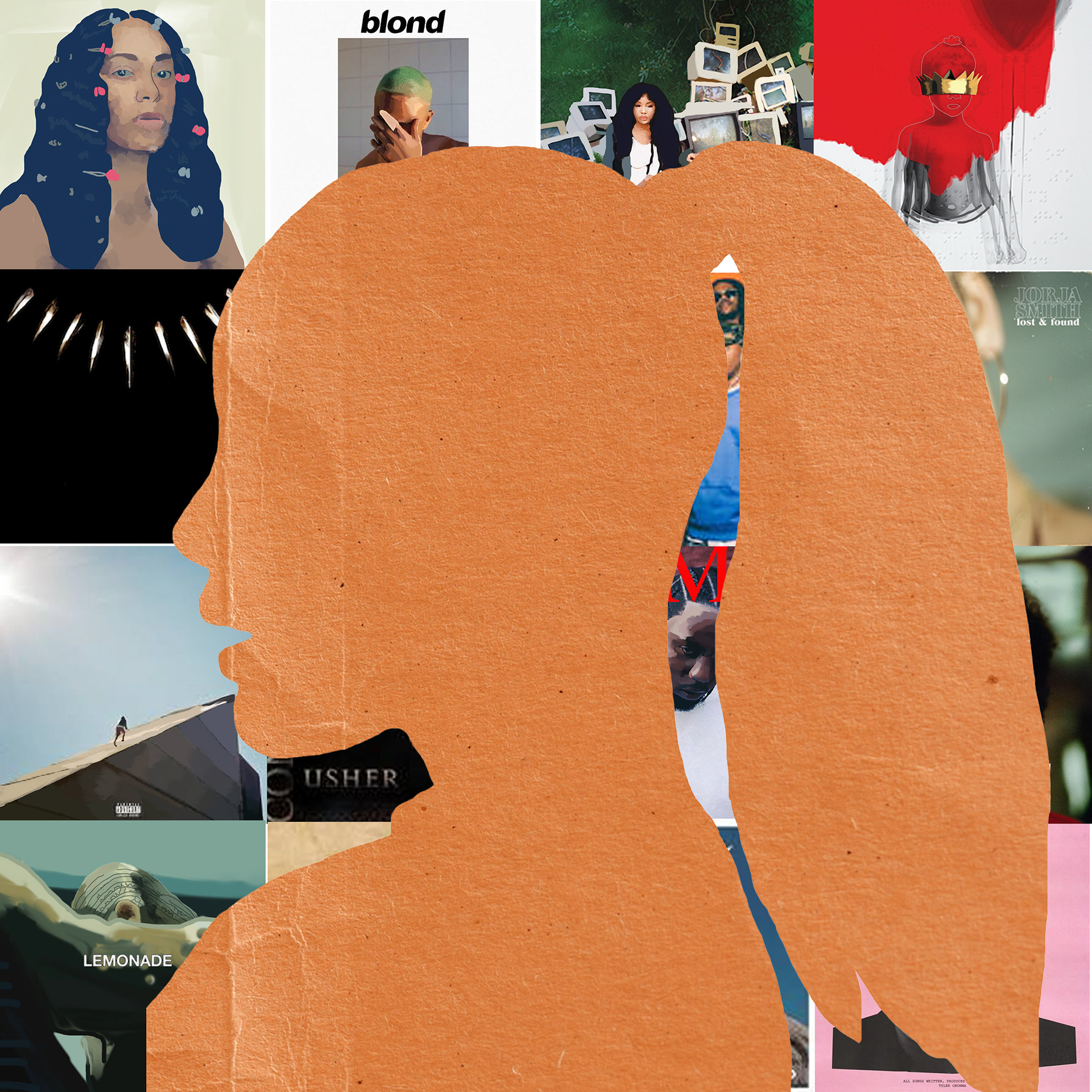
Following the murder of George Floyd this summer, Instagram blew up with messages of freedom and change- from Munroe Bergdof’s radiant educational manuals to Black Visions’ events promotion, it appeared the whole world was speaking out. The ‘whole world’ being a complete overstatement. Undoubtably, there are millions of outright racists circulating the internet but concerning online activism- there are two sides. One side being people who genuinely want to see a change in the world and the other being those who only wish to appear that they care. These accounts typically fit into the influencer/celebrity/brand category.
How many people can you think of that posted a little black square on #blackouttuesday then called it a day for their contribution to the movement?
Social consciousness nowadays is the forefront of how we view each other and how we make connections. It appears that some have given into the ‘pressure’ of ethical issues that they don’t truly care about and have become an imposter in these movements.
Right now, is a time, more crucial than ever, that we’re wary of the media we consume- so why are we believing companies like Amazon and TikTok who they claim they care yet fail to wholeheartedly contribute to black lives? It’s upsetting that these companies and influencers centre themselves in the movement but in an article by HS INSIDER, they discuss how people neglect this issue with the excuse ‘it spreads awareness’.
A company most notably stigmatised is global online fashion brand, Dolls Kill. The company describes itself as ‘a rebellious spirit and attitude’ which can be taken quite literally when you consider their multiple controversies surrounding offensive designs and stealing from up and coming designers. Among the long list of disputes made against this brand, some include; cultural appropriation, romanticising rape, stealing designs from peoples tattoos and even designs that suggest a loyalty to white nationalist groups. An issue largely significant to this year’s events includes the multiple times Dolls Kill has stolen from black designers. A prime example of this was on the 2nd of August when Dolls Kill debuted a heat reactive dress which was later addressed on twitter to be stolen from African American designer, Shami Oshun.
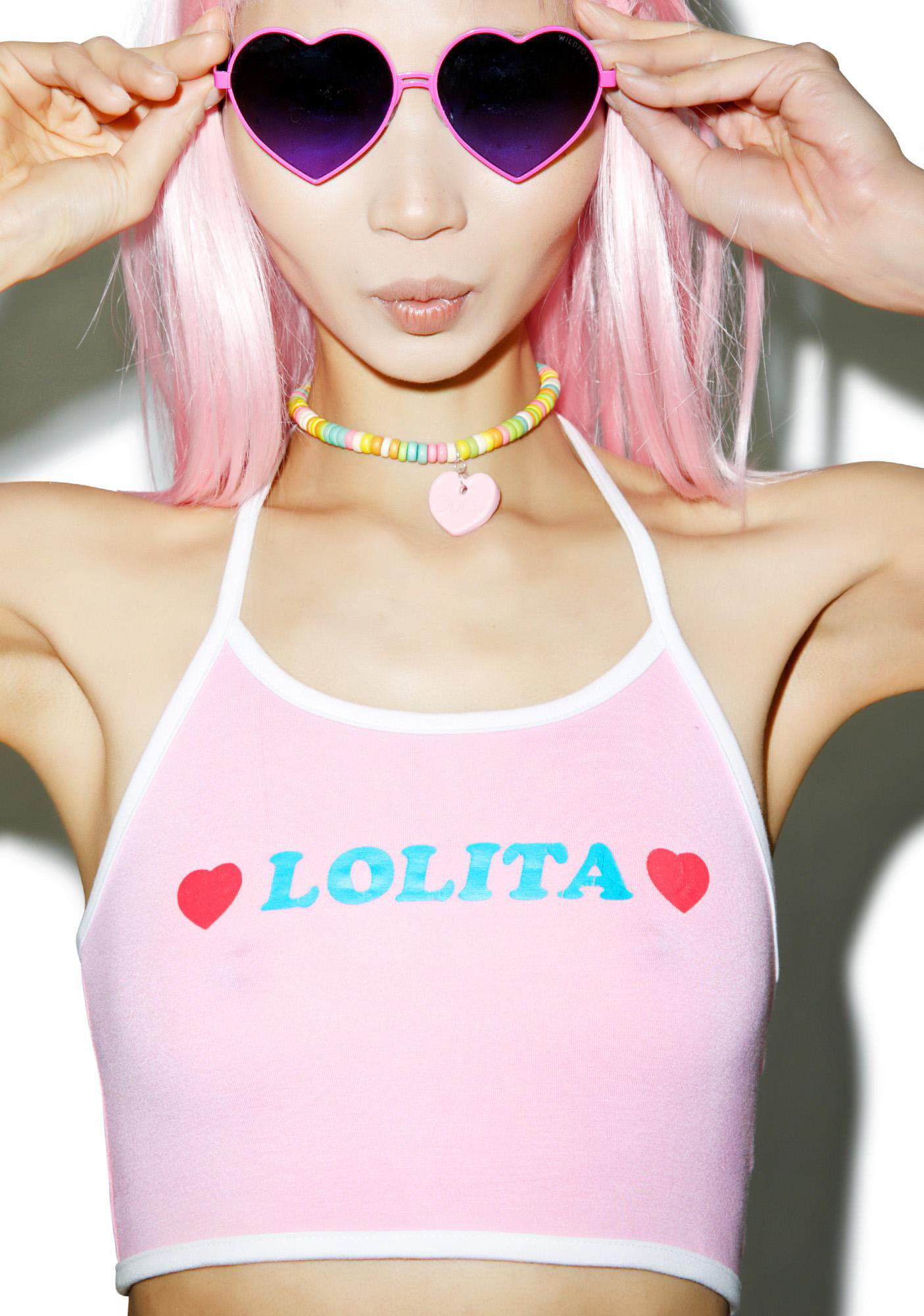
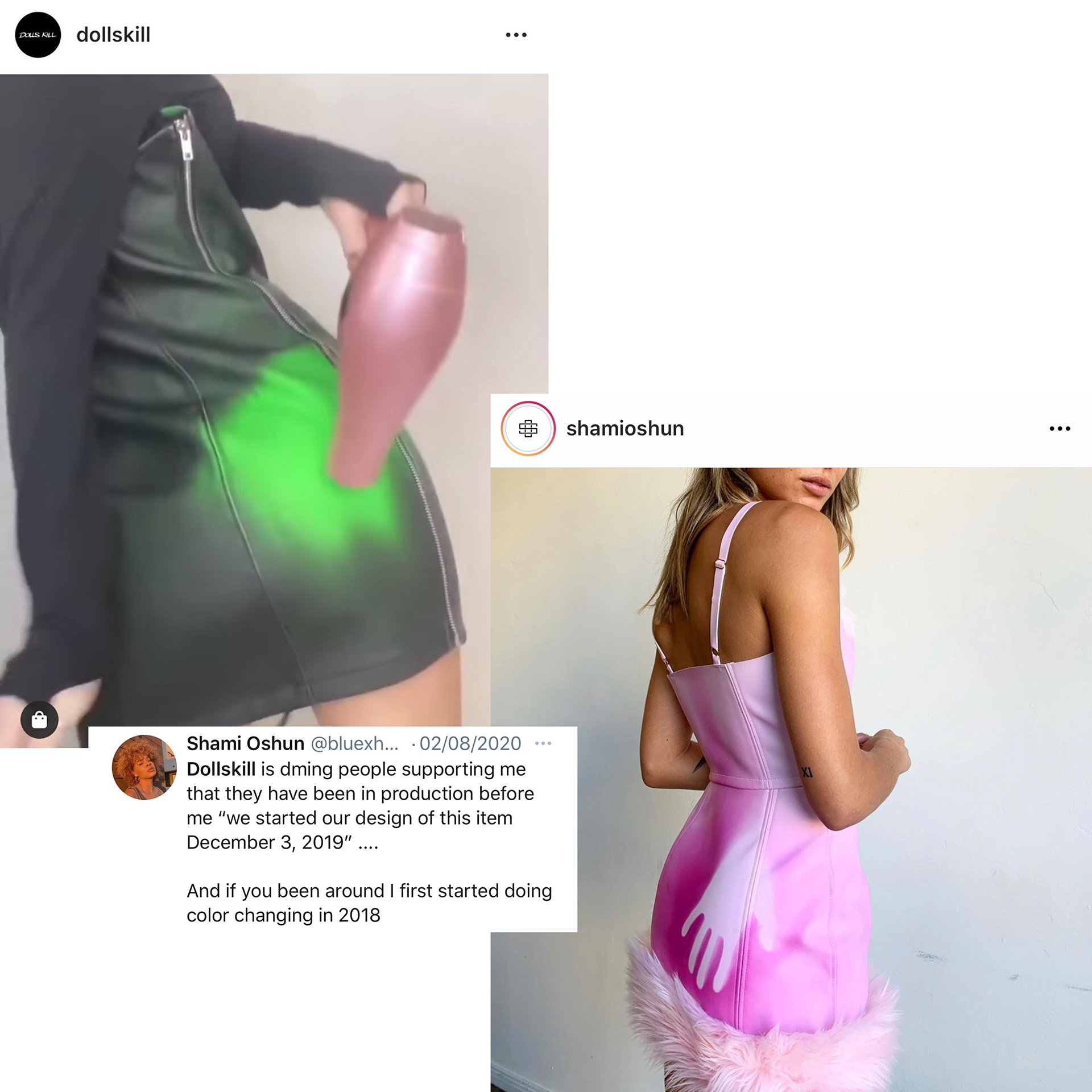
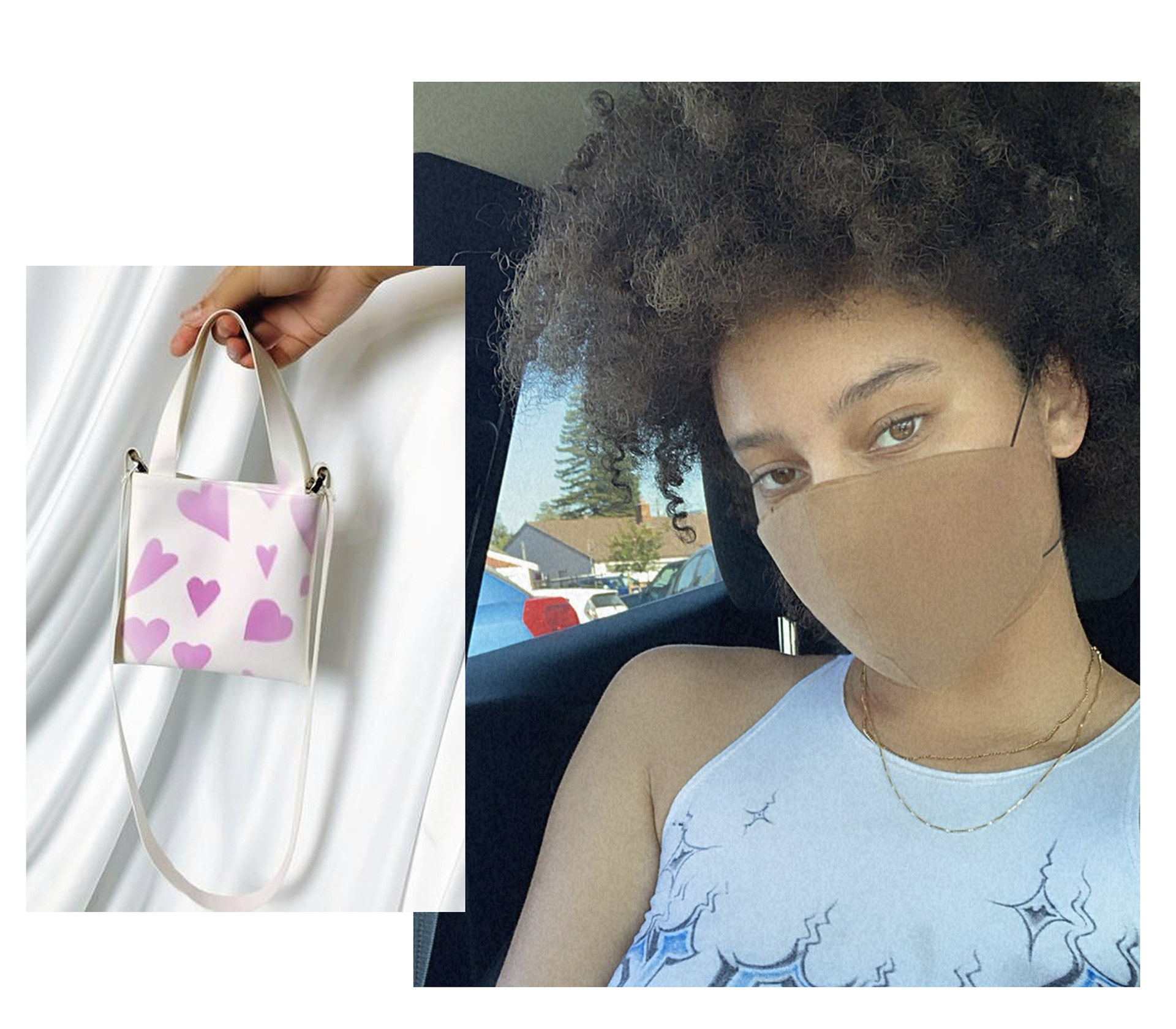
Shami Oshun is a California based fashion designer who built her brand in 2015, aiming to provide uniqueness and to push the boundaries of fashion design. Some of Shami’s most outstanding work includes her wearable 3D printed art. Earlier this year in February, she created her colour-changing two-piece set. Showcasing her art-fashion essence, the set changed colour depending on the heat it faced. The designer and her friend joked that Dolls Kill would run off with her work and they did just that. With striking similarities between the pattern cutting, fabric and promotional photography, Dolls Kill uploaded their shabby take on Miss Oshun’s work to their website. When called out by the designer herself, twitter exploded in frustration and many DM’d Dolls Kill to which they replied; ‘Our heat reactive clothing pieces were created & in production before her heat line released’. Shami then quickly responded to this claim by tweeting ‘Dollskill is dming people supporting me that they have been in production before me “we started our design of this item December 3, 2019” .... And if you been around I first started doing color changing in 2018’.
This outrage due to the company stealing work from another rising designer comes freshly after the company had to apologise for comments made by Shoddy Lynn (Dolls Kill owner) on the summer protests. While the Dolls Kill Instagram page was full of comments such as ‘we stand in solidarity’, Shoddy Lynn shared a photo of their LA store with a line of police officers standing in front of it with the caption, ‘Direct action in all it’s glory’. This is yet another example of performance activism, the devastating reality of corporate values.
As a white-dominated industry, it’s easy to see that some companies have become blinded by their privilege. The cycle of fake activism by large-name companies only makes it harder for black creators to get their work out there. In an industry where black creators are often rejected, dismissed and dodged, the fight for these artists to get their work noticed can be a challenge. But in a report by the UK government, statistics show 68.5% of black people took part in arts last year yet so many talented artists are still going unnoticed. It’s down to the shortfall of black creators in the industry as to why there is not enough authentic black stories being told in film, tv and fashion.
As a culture built upon pride, black art flaunts it. When it comes to representation, work by black creatives is unquestionably the best and most authentic. Michaela Coel’s ‘I May Destroy You’ and ‘Chewing Gum’ are a prime example of this. “Both the shows portray British black culture, especially London black culture so authentically…. you can really see yourself in the characters” says Lolade Awoliyi, a 20-year-old content-creator and law student at SOAS University of London. “Growing up I felt rejected in the sense that I couldn't relate to a lot of the things that I grew up on. I never saw someone that looked like me on tv or read about anyone that looked like me in books” stated Lolade. “I think it's about listening to the black creatives in the industry. They know best. Giving them the platform and resources to speak and create. For example, there wouldn't be such an authentic representation of black culture in the show ‘I may destroy you’ if wasn't written by a black British woman as opposed to a white man, who dominate the industry”.
Now is an important time we all unite to ask these large corporations more questions on if they’re actually doing anything at all- “What are you actually doing to promote equality other than the bare minimum of looking diverse? I think the recent amplification of the BLM movement has exposed different areas of the creative industry as being actually very un-diverse. Like it's easy to have a few black and brown models but what about black photographers and editors etc. Or not paying their black and brown creatives as much as their white counterparts”- Lolade.
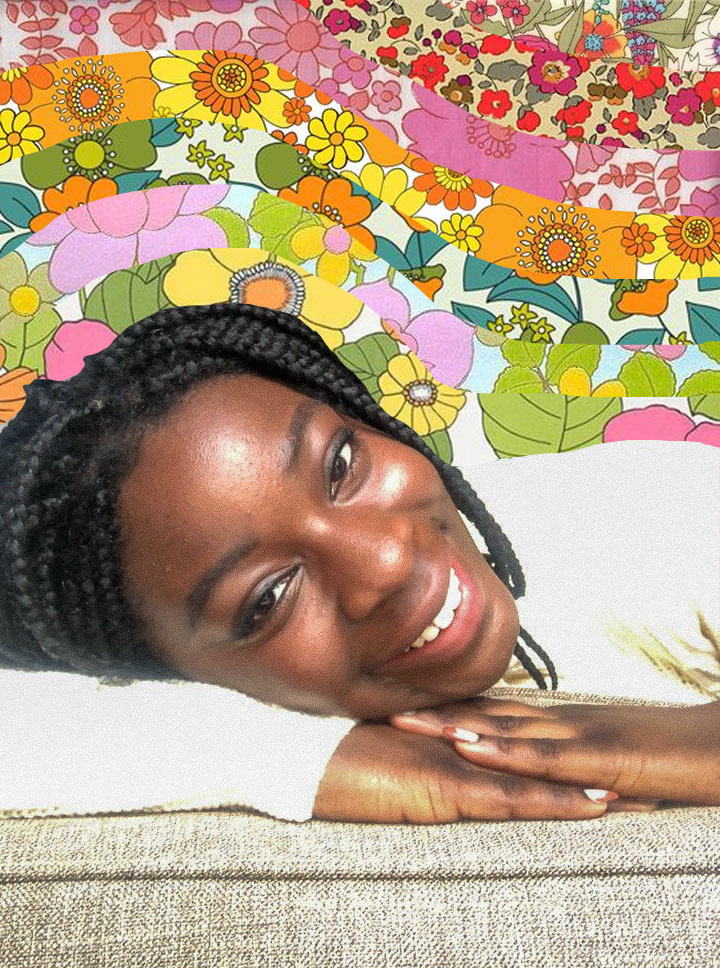
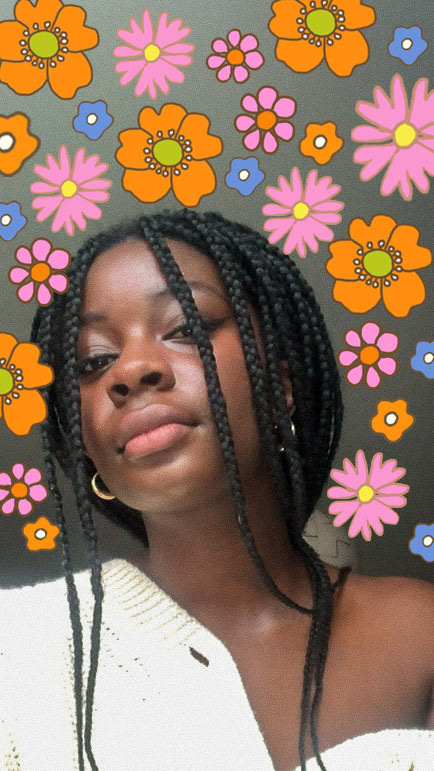
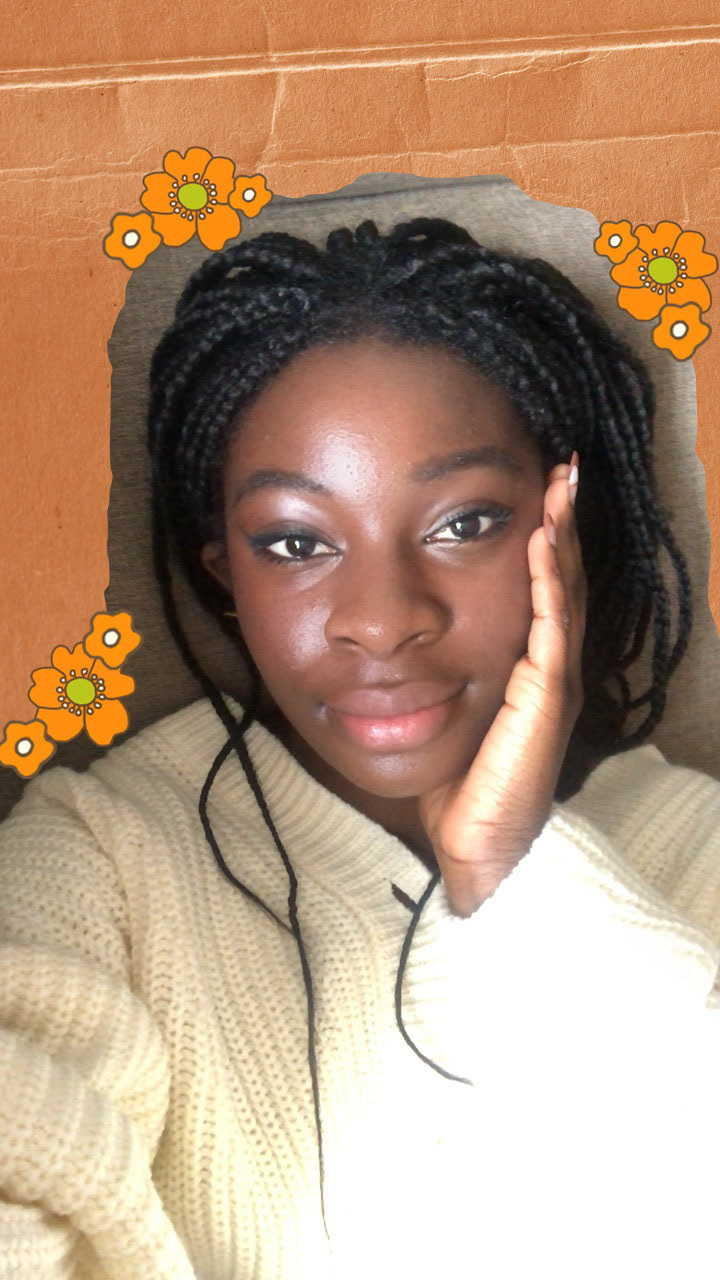
With more companies like Black Creators Matter and Black in Fashion, black artists can finally be provided with greater opportunities and bigger platforms to share their work with potential clients. “Through creative direction at a shoot to designing their own apparel, simply hire more black artists. Let us tell our stories as nobody else can excuse that as truthfully” said Jemima Boka, 20, an influencer and fashion student at UAL. “We’re more aware than ever in terms of inclusivity, however people keep making the same mistakes”.
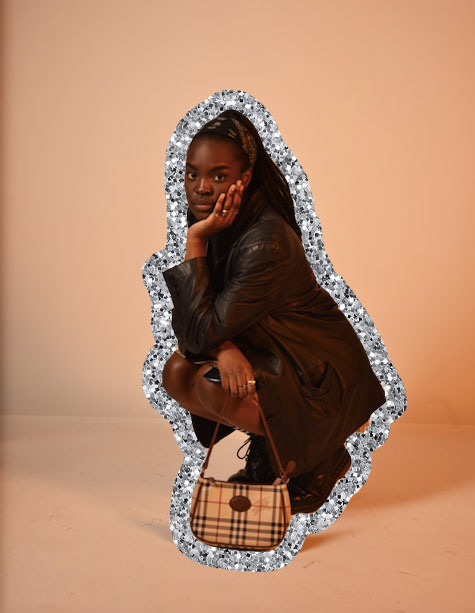
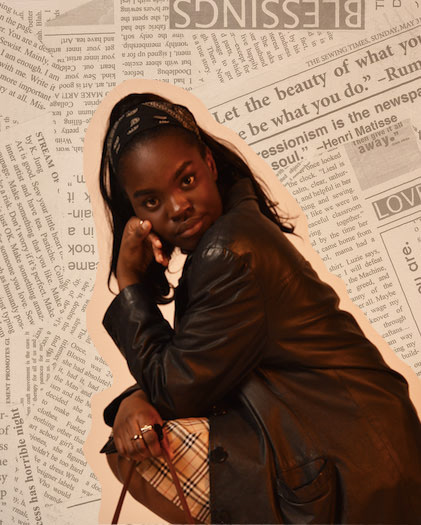
An example of the celebration of inclusivity in the creative industry includes Rihanna’s breath-taking Savage X Fenty shows. Rihanna casted an extremely diverse cast, allowing her models to express themselves in their most original ways, opening doors for people who wouldn’t have originally believed they had a place in the industry. As mentioned by Essence, ‘exclusionary practices are the backbone of American society”.
How can I support black artists?
First of all, what makes a good ally? Allyship is defined as: a lifelong process of building relationships based on trust, consistency, and accountability with marginalized individuals and/or groups of people. Therefore, a good ally devotes time to the cause and turns their passion for it into action.
Donate
You can help by donating to organisations supporting the work of rising black artists, providing them with resources and connections. Some include: Pegasus Opera Company, Black ticket project, The Black Curriculum, Creative Access, Creative Mentor Network, Guap, Ballet Black and Black In Fashion.
Shop Black
Stop giving you money to racially insensitive companies and shop with small black businesses. In response to the Dolls Kill controversy mentioned earlier, here are some similar shops owned by black designers: GRL TRBL, Tier NYC, Bad Mouthed Bruja, Ota-Q Apparel, Adorned By Chi and dbleudazzled. Check out hand-made seller site, Etsy’s Black-owned shops section!
Share your stories on performance activism on twitter using #idperformanceactivism.

